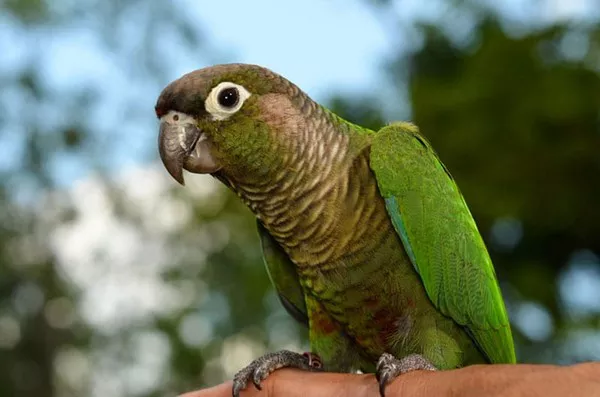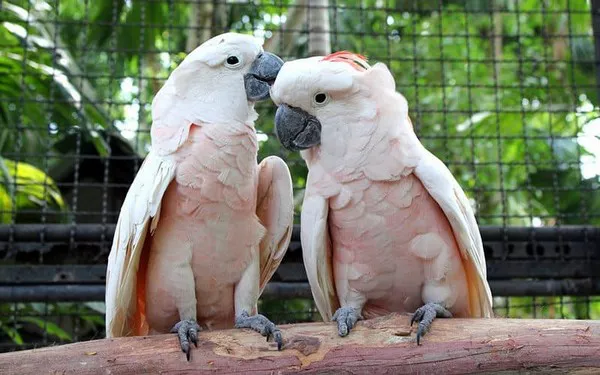When it comes to choosing a pet, the intelligence of the animal plays an important role in the decision-making process. Pet owners often seek animals that are not only affectionate but also capable of learning new tricks, adapting to changes in the environment, and interacting with their humans in meaningful ways. Among the many cat breeds, British Shorthair cats are a popular choice for those seeking a calm, loving companion. But one question that frequently arises about this breed is: Are British cats smart?
In this article, we’ll dive deep into the intelligence of British Shorthair cats, examining various aspects of their cognitive abilities, behavior, and how they compare to other breeds. By the end, you’ll have a well-rounded understanding of the British Shorthair’s intelligence and what makes these cats so unique.
Understanding Intelligence in Cats
Before we focus specifically on the British Shorthair, it’s important to first understand what “intelligence” means in the context of cats. Unlike humans, whose intelligence is often measured through IQ tests, a cat’s intelligence is determined by its ability to perform certain tasks, problem-solve, and adapt to its environment.
Some common indicators of cat intelligence include:
Problem-solving abilities: How well a cat can figure out how to open a door, navigate through a puzzle feeder, or adapt to new situations.
Trainability: Can the cat learn commands, tricks, or how to use the litter box consistently?
Social behavior: How well a cat interacts with its human family members and other pets, including its ability to communicate and form bonds.
Memory: The cat’s ability to remember people, places, and objects, and retain information over time.
British Shorthair cats, like all cats, possess varying degrees of these traits. However, they are typically known for their steady temperament and independent nature, which influences how they express their intelligence.
The British Shorthair Breed: An Overview
The British Shorthair is one of the oldest and most beloved cat breeds. With its round face, stocky build, and short, plush coat, the British Shorthair is instantly recognizable. But beyond its physical attributes, the British Shorthair is known for its calm and affectionate nature. Let’s take a closer look at the breed’s history and personality traits to understand its behavior and intelligence better.
Origins and History
The British Shorthair has its roots in the Roman Empire when the Romans brought domestic cats to Britain to help control pests. Over centuries, these cats were bred with local felines, leading to the development of a robust, hardy cat with a distinctive look. The breed gained popularity in the late 19th century, and today, the British Shorthair is one of the most beloved breeds in the world.
Their intelligence is often attributed to their long history of adapting to a variety of environments, from ancient Rome to modern-day households. This adaptability plays a role in how the British Shorthair interacts with its owners and learns new things.
Personality Traits
British Shorthairs are typically known for their calm, independent nature. They are not as high-energy as some other breeds, such as Bengals or Abyssinians. This means that while they may not always seek out mental stimulation in the same way that more energetic cats do, they are still intelligent creatures who can engage with their environment in meaningful ways.
Some key personality traits of the British Shorthair include:
Independent but affectionate: British Shorthairs enjoy spending time with their humans but are not as clingy as some other breeds. They are often content to lounge around on their own, but they will seek affection when they want it.
Low maintenance: British Shorthairs are generally easy to care for. They don’t require as much attention as some other breeds, but they can still form strong bonds with their owners.
Curious: While not overly energetic, British Shorthairs are still curious by nature. They enjoy exploring their environment and will often be found inspecting new objects or spaces in the home.
While their independent nature might sometimes be mistaken for a lack of intelligence, it is simply their preference for making decisions on their own terms. They are observant, and their ability to learn comes from their careful, thoughtful approach to new situations.
Are British Shorthairs Intelligent?
Now that we have a basic understanding of the British Shorthair’s personality, let’s dive into the question at hand: Are British Shorthairs smart?
1. Problem-Solving Ability
British Shorthairs have been observed to have a solid ability to solve problems, though not in the way that some other breeds might. While they may not be the first to figure out how to open a door or manipulate a complicated puzzle feeder, they are still capable of learning through trial and error. Their problem-solving ability is often more methodical and slower compared to more energetic breeds.
For example, a British Shorthair may take its time figuring out how to retrieve a treat from a puzzle toy. It may not do so as quickly as a more curious breed, but once it understands the mechanics, it is capable of using that knowledge repeatedly. This breed prefers to think things through before acting, which shows a different type of intelligence that values precision over haste.
2. Trainability
When it comes to training, British Shorthairs are not as easily influenced by external rewards as some other breeds. While they are certainly intelligent, they tend to be more independent and may not always respond to training in the same way a more eager-to-please breed might.
That being said, British Shorthairs can be trained to perform certain tasks, such as sitting on command or using the litter box. Their trainability, however, often depends on their mood and level of interest. British Shorthairs are not known for being highly motivated by food or praise, so training sessions may need to be brief and consistent. Their intelligence manifests in their ability to learn but also in their discerning nature, meaning they may not always see the point of performing tricks or tasks for their owners.
3. Social Intelligence
British Shorthairs are also socially intelligent. They are generally good with children and other pets, and they form strong bonds with their families. However, because of their independent nature, they are not as demanding of attention as some other breeds. This social intelligence allows them to live harmoniously in multi-pet households without being overly territorial or needy.
British Shorthairs also excel at reading their owners’ emotions. They can tell when their humans are upset or happy and may respond accordingly. Their subtle yet intelligent responses to human moods make them great companions for those looking for a cat with emotional sensitivity.
4. Memory
British Shorthairs have good memory retention. They are known to remember their favorite people, places, and routines, and they tend to stick to familiar patterns. This trait also makes them very adaptable, as they can adjust to new environments and routines, although it may take them some time to do so.
Their ability to remember routines can be seen when it comes to feeding times or specific areas in the house where they prefer to rest. They may even remember how to open a door or find their favorite toy after a period of time. This type of memory is a testament to their cognitive abilities.
5. Comparison to Other Breeds
When compared to other cat breeds, British Shorthairs are often seen as less impulsive and more measured in their actions. Breeds like the Siamese, Abyssinian, and Bengal are often considered more energetic and eager to engage in mental challenges, such as playing fetch or figuring out puzzles quickly.
British Shorthairs, on the other hand, may take a more slow-paced approach to problem-solving and learning. They are not as quick to act but are capable of forming strong, long-term memories and understanding their environment on a deeper level.
What Makes British Shorthairs Unique?
British Shorthairs are intelligent in their own right, but their intelligence is expressed in a unique way. Unlike more high-strung or overly energetic breeds, British Shorthairs tend to be calmer, more independent, and less motivated by external rewards. Their intelligence is shown in their ability to think things through carefully, adapt to their surroundings, and form meaningful bonds with their humans.
They may not be the type of cat to perform complex tricks or puzzles in record time, but their steady, thoughtful approach to new situations and their ability to remember and adapt make them highly intelligent in their own way.
Conclusion
So, are British Shorthairs smart? The answer is yes—though their intelligence may not always manifest in the same way as other more hyperactive or eager breeds. British Shorthairs are intelligent in a way that is subtle and measured. They are problem-solvers, capable of learning through repetition, and they excel in social and emotional intelligence. While they may not always be the first to act or the most eager to please, their independent and observant nature makes them a smart and highly adaptable breed.
If you’re looking for a calm, affectionate cat that can learn and adapt at its own pace, a British Shorthair may just be the perfect fit for you.
Related Topics:























